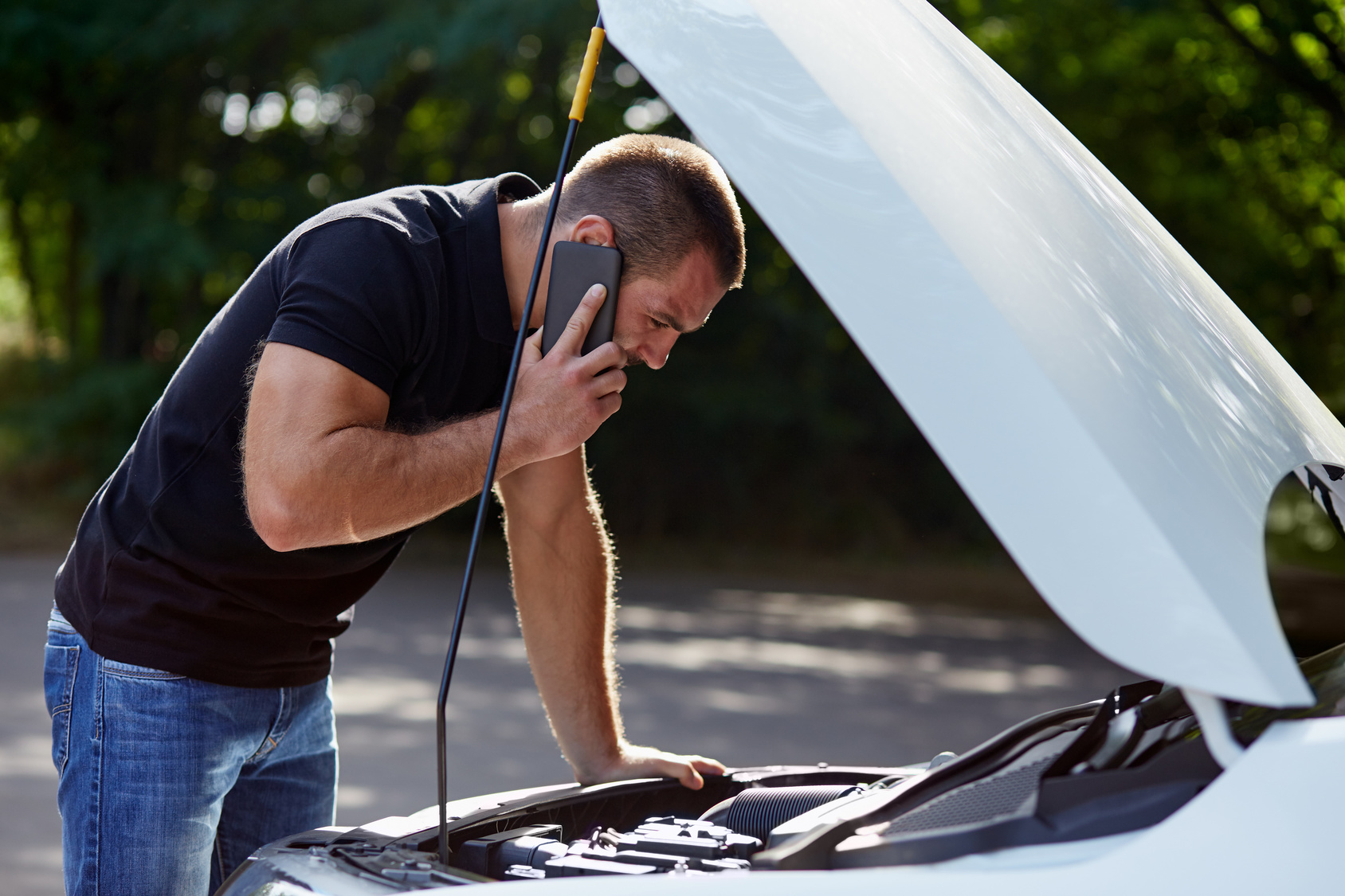
Whenever we purchase a new vehicle, or even a used one from a deal, we often hear a laundry list of violations that will cause the warranty to be void. However, there is one particular item on these lists that is actually unenforceable, and that is that auto services, or aftermarket part installations, will cause a void warranty. No matter what any manufacturer or dealer tells you, auto work done on a vehicle from a third party will not void a warranty. There are several reasons for this. Here is some more information about this scenario…
Magnuson Moss Warranty Act
The main reason that auto repairs or add-ons cannot void a warranty is because of a law called the Magnuson Moss Warranty Act. Since July 4th, 1975, when the law went into effect, the Magnuson Moss Warranty Act enacted several regulations that would require warranties to be very specifically stated, as well as specific actions that could not void a warranty. While the act doesn’t require any specific warranty to exist, it does state that if one does exist, it must be in compliance with the rules of the act. This law protects consumers from manufacturers creating warranties with tie-in sales provisions, or modified warranty agreements. It has a specific amendment for automobiles, which states that third party repairs or aftermarket parts do not void a warranty.
It is illegal to deny a warranty for repairs!
Because of the Magnuson Moss Warranty Act, it is illegal for a manufacturer to disclaim a warranty because of third party repairs or aftermarket parts being installed on a consumer vehicle. If a manufacturer does this, they open themselves up to the possibility of consumer lawsuits, which can be costly and are brought to state court. However, most companies will opt to take a less costly, informal approach to these issues. These processes are called dispute resolution mechanisms.
A warranty is only void if an aftermarket part causes an emission problem
There is one type of aftermarket auto work scenario that can void a warranty. This scenario happens when an aftermarket part is installed on the vehicle and it is not in compliance with emissions regulations, which would put the vehicle in conflict with the Clean Air Act. This case will cause the warranty to be void, at least until this part is replaced by the consumer.
Related Posts
Key Takeaways On average, passenger vehicle tires last 40,000 to 60,000 miles, depending on type, driving habits, and maintenance. Replace tires when tread depth reaches 2/32”, if damaged, or older than 10 years. Regular rotation, alignment, and proper inflation extend tire life. Aggressive driving, poor roads, and harsh weather shorten tire lifespan. Take advantage [...]
When you think about car maintenance, you probably focus on oil changes, tire rotations, and maybe even brake pad replacement. But what about your brake fluid? If you’ve ever wondered, “What does brake fluid do?” or “Why is brake fluid important?”, you’re not alone. Brake fluid might not be the most talked-about part of [...]
Is that high-pitched squeal from your brakes driving you—and everyone else—crazy? Don’t ignore it. Squeaky brakes aren’t just annoying, they’re your car’s way of saying something needs attention. Whether you're cruising through Salt Lake City or winding up Idaho’s mountain passes, here’s what’s likely going on, how you can fix it, and when it [...]





